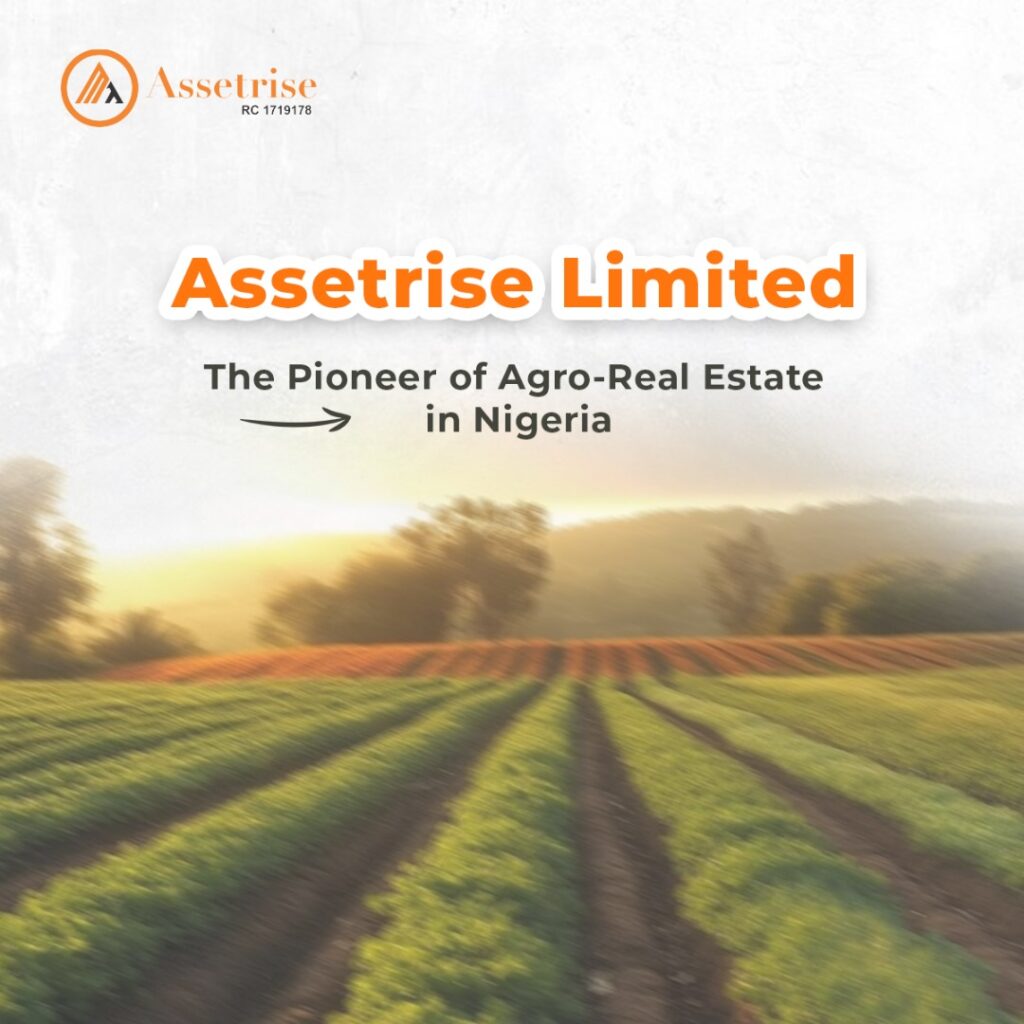Passive Income in Nigeria is no longer a luxury; it’s a necessity. In a country where the average inflation rate hovers around 33.69% (as of May 2025) and food prices have surged by over 40% year-over-year, relying on a single source of income is no longer sustainable. According to the National Bureau of Statistics (NBS), over 133 million Nigerians live in multidimensional poverty, and more than 70% of workers earn less than ₦100,000 monthly.
The question is no longer “Can I afford to invest?”
It’s “Can I afford not to?”
If you’re a salary earner, this guide is designed to help you build wealth, grow your income, and establish passive income streams in Nigeria, utilizing proven and practical strategies.
Why Salary Alone Isn’t Enough: The Nigerian Reality
A 2024 Jobberman report revealed that more than 60% of Nigerian workers live paycheck to paycheck. The average monthly salary in Nigeria is between ₦50,000 and ₦120,000, but rent, transportation, food, and energy costs alone often consume more than 80% of that income.
Meanwhile, the naira’s depreciation and rising inflation are eroding the real value of your earnings. ₦100,000 today has less than ₦60,000 worth of purchasing power compared to 2019.
If your income isn’t growing, your lifestyle is shrinking.
Where Wealth Comes From: The 3 Income Types
To grow your income sustainably, you must understand the three types of income:
- Active Income: Your salary or daily hustle.
- Passive Income: Money that comes in without your daily involvement (e.g., rent, real estate, Agro assets).
- Portfolio Income: Profits from investments (e.g., stocks, dividends, capital gains).
Nigeria’s millionaires aren’t working 9-to-5s for life; they are earning from multiple streams. According to Knight Frank’s 2023 Wealth Report, over 25% of Nigeria’s High-Net-Worth Individuals made their money through real estate, and another 22% through agriculture.
Passive Income Ideas that Work in Nigeria
Here are some of the most practical ways to grow your income:
-
Owning an Oil Palm Plantation
Nigeria boasts over 70 million hectares of arable land, yet only 35% is currently cultivated. That’s not just underutilization; it’s a missed fortune. Agro real estate, especially in crops like oil palm and yams, is one of the most lucrative asset classes in the country today.
Take Assetrise’s Palmrich Estate or Eko Yams, for example. These projects allow individuals to own farmland in strategic agricultural zones and earn stable, long-term passive income while also benefiting from land appreciation.
Here’s why oil palm stands out:
Oil palm is Nigeria’s most profitable crop per hectare, thanks to its multiple income streams:
- Palm oil (used in nearly every household)
- Palm kernel oil (used in cosmetics and industrial products)
- Palm kernel cake (used in livestock feed)
- Even empty fruit bunches are repurposed as organic fertilizer
That means zero waste, multiple revenues.
Here’s a breakdown of its earning potential:
-
A single hectare of mature oil palm trees can yield 4 to 6 tons of palm oil per year
- At an average price of ₦800,000 per ton, that’s up to ₦4.8 million per hectare annually
- Subtract basic maintenance costs, and net returns often exceed ₦3 million yearly
- This income is largely passive once the trees mature (typically from year 3 onward)
And it gets better: Asset-backed agro estates like Palmrich, Assetrise’s flagship oil palm plantation project, spanning over 8,000 hectares with more than 11,000 landowners, offer:
- Land ownership in fast-growing areas, appreciating by 20% per year
- Annual passive income yields of up to ₦400,000 per plot (with multiples available for higher earners)
- Secure entry into the $70 billion African agriculture industry.
While yams provide quicker returns (often harvested within 6-8 months), oil palm is the long game. Once mature, the trees can produce for 25-30 years, making it one of the few Nigerian investments that generate income consistently for decades.
In a time when naira devaluation is eroding cash savings and inflation is eating up salary value, this kind of long-term income hedge is a game-changer.
- Real Estate
In high-growth corridors like Epe, Mowe, and Ibadan, land values have surged by over 80% in the last five years.
- A plot purchased for just ₦500,000 in 2018 in some parts of Epe now sells for ₦5 million or more.
- As infrastructure like roads, airports, and industrial hubs expand, these once-rural areas are turning into real estate goldmines.
Rental properties in Nigeria’s urban centers now deliver 10-15% returns annually, and that’s excluding the capital appreciation.
Whether it’s student housing in Ibadan or shortlets in Lagos, real estate gives you cash flow and long-term growth at the same time.
Real estate has always been one of the safest and most profitable paths to wealth, and in Nigeria, the numbers speak for themselves. The earlier you enter, the more value you lock in. Delaying just 1-2 years can mean missing out on double or triple your return.
How to Own an Asset Even If You Earn Less Than ₦100k
Think asset ownership is only for high earners? Think again.
Even with a monthly income under ₦100,000, you can start building wealth, not just saving for emergencies but owning tangible, income-generating assets.
Here’s how smart, intentional steps can lead you to real ownership:
- Save First, Spend Later
Treat saving like a non-negotiable monthly bill. Automate 10- 20% of your salary into a separate account. With Flap Africa, this has been made easy.
- Saving ₦10,000 to ₦20,000 consistently isn’t easy, but it’s doable and it adds up.
- It’s not about how much you earn, but how committed you are to paying yourself first.
- Start With Low-Entry Platforms
You don’t need millions to start. Platforms like Flap Africa make it easy for you to start small and scale up.
- Own Agro assets like oil palm or yam farms for as little as ₦35,000 monthly.
- Flexible payment plans let you spread your cost over 6, 12, and 24 months
- You also gain access to grants and business pitching opportunities after six months of consistent participation, turning you from a passive saver to an empowered agropreneur.
- 3. Join a Cooperative & Grow Together
Want to scale faster? Join hands with others. Through cooperatives like the Palmrich Tribe, you can:
- Pool funds to access bigger investment opportunities
- Share risks and profits
- Own stakes in structured agricultural projects with legal frameworks and secure ROI
- Enjoy a stronger voice and better deals than going solo.
The Palmrich Tribe Cooperative Society, for example, has simplified this process by managing the cooperative structure and offering verified farmland ownership with built-in income streams.
- 4. Leverage Bonuses & Side Hustles
That 13th-month salary, holiday bonus, or weekend side gig? Don’t spend it all.
Use it to kickstart an asset that keeps giving back. One-time lump sums can cover your deposit or the first few installments on a farm plot or agro unit. It’s the fastest way to shift from consumption to capital-building.
Don’t Just Work for Money
The smartest Nigerians today are not working harder; they’re investing smarter. Whether it’s through agro real estate, real estate, digital products, or financial assets, the goal is to create multiple streams of income that outlive your job.
Ready to grow your income with low-risk, high-impact asset ownership?
Explore Assetrise’s asset ownership opportunities in agriculture and real estate tailored for salary earners.
You don’t need millions to start; you just need the will to grow.












